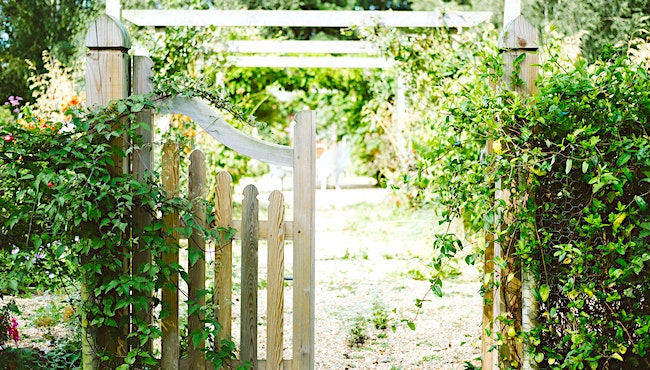
In the whirlwind cascade of events that fill this opening parsha of the Torah, one can easily be overwhelmed by the sheer number of subjects discussed. Nevertheless, I think we can all agree that the expulsion of Adam and Eve from the Garden of Eden, after they exercised their free will to disobey God’s commandment, is an important issue to dwell upon and discuss.
What life was like within the Garden of Eden is pretty much an unknown to us. It is obvious that human nature was different there and that the prevalence of shame and tilttelating sexual desire was absent – certainly in a way that our world cannot countenance. But once driven from the Garden and apparently prevented from ever again returning, Adam and Eve and their offspring engage in a life and live in a world that is very recognizable to us.
Sibling rivalry, jealousy, murder, psychological depression, sexual laxity and abuse are now all part of the story of humankind. Human beings are now bidden to struggle for their very physical and financial existence in a world of wonder- complete with ever present dangers and hostility.
But the memory of the Garden of Eden has never departed from Adam and Eve or for that matter from their descendants, no matter how many centuries and millennia have passed since their expulsion. Perhaps this is one of the reasons why the Torah records for us the hundreds of years that early human beings lived – to emphasize that even over nine hundred years years later the memory of the Garden still burns bright in the recesses of the brains of Adam and Eve and their descendants.
It is this memory that still fuels within us our drive for a better and more ideal world. Once human beings, albeit only Adam and Eve alone, experienced what human life and our world can be – life in a Garden of Eden – the drive of society to constantly improve our world and existence is understandable. We are always trying to return to the Garden.
Even though human society has unfortunately perpetrated and witnessed millions upon millions of murders over its long bloody history, we still strive to create a murder-free society. And we do not feel that this is a vain and foolish hope on our part. Within each of us there still is a fragment of memory that recalls that human beings once lived in the Garden of Eden and were spared the woes of human society as we know it from our past history – and even from today.
It is interesting that human society never has really despaired, in spite of all historical evidence to the contrary as to the impossibility of the task, of creating this better world of serenity, spirituality, harmony and good cheer. It is the memory of the Garden that gives us no peace and does not allow us to become so desensitized that we would readily accept our current human condition as being unchangeable.
The angels that guard the entrance to the Garden were also represented in the Holy of Holies on the lid of the Ark that contained God’s message to humankind. Those angels have the faces of children in order to indicate to us that somehow, someday, in God’s good time in the future perhaps, we will be able to once again enter the Garden and truly live in the better world promised to us by our holy prophets.
Shabbat shalom
Rabbi Berel Wein


